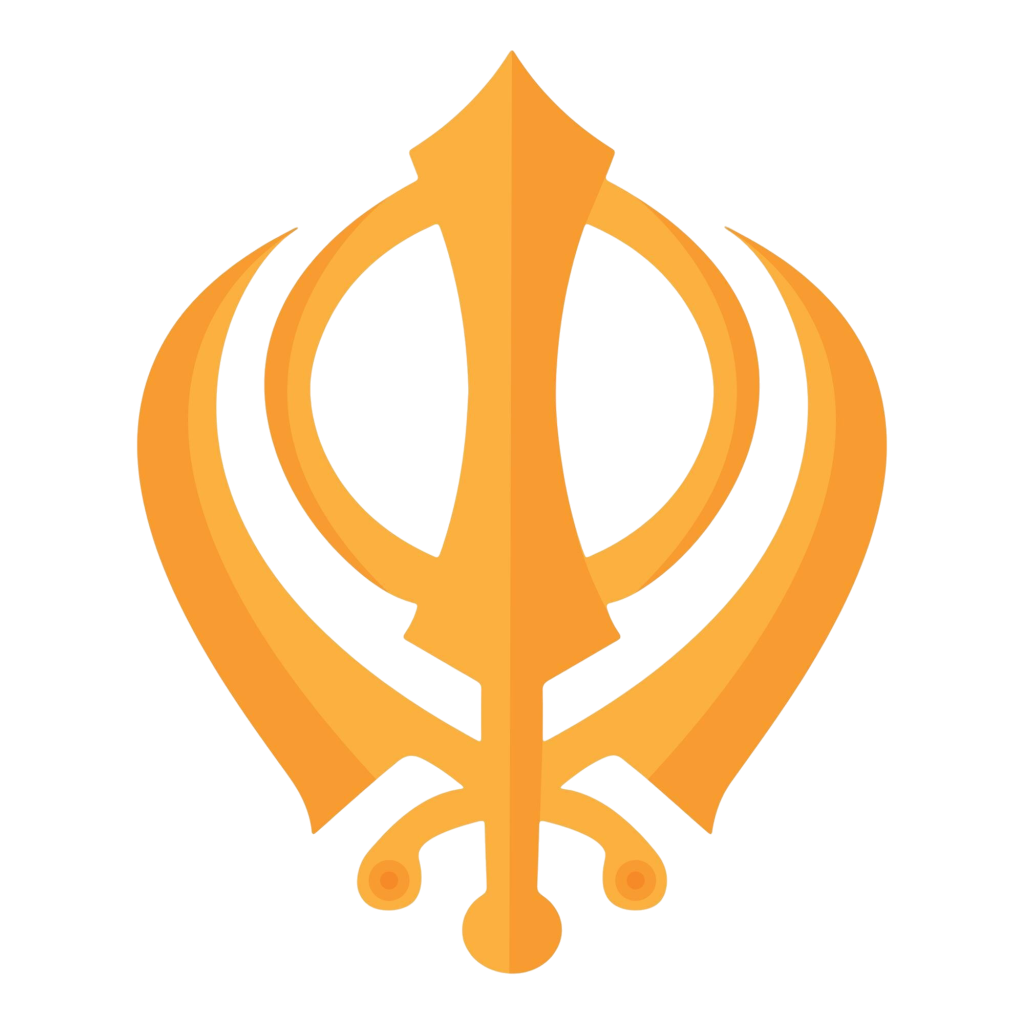Discover the courageous journey of Baba Gurumukh Singh Laliton, a key figure in India's struggle for freedom and a member of the Ghadar Party.
Explore the spiritual journey of Bhai Kanhaiya, the founder of the Sevapanthi sect, through engaging stories and anecdotes.
Discover how Sardar Swaran Singh's wisdom and linguistic prowess shaped India's diplomacy and governance over his 23-year ministerial career.
S.S. Wanjara Bedi was born at Sialkot, now in Pakistan. He did his M.A. in Punjabi from the Punjabi University and Ph.D. from the University of Delhi. He worked in a bank early in his career and senior lecturer of Dayal Singh college, Delhi. He edited Fateh a weekly and Pritam a monthly magazine from 1949-1952. Bedi has written some eighty books, which includes three collections of poems, five books on literary criticism and some books on folklore on Punjab.
Explore Tejwant Singh Gill's para-Marxist perspectives on Punjabi literature, highlighting his analyses of poetry, novels, and the socio-cultural state.
Discover the rich lives of the ten Sikh Gurus detailed in the historic manuscript 'MAHIMA PRAKASH,' with ties to ancient texts and Sikh heritage.
Discover Pravritti and Nivritti in ancient texts—journeys of action, knowledge, and spiritual liberation!
Dive into the rich symbolism of the Guru Granth Sahib, where evocative metaphors & imagery enrich the spiritual experience. Discover timeless wisdom today.
AMAR DAS, GURU (1479-1574), the third of the ten Gurus of the Sikh faith, was born into a Bhalla Khatri family on Baisakh sudi 14, 1536 Bk, corresponding to 5 May 1479, at Basarke, a village in present day Amritsar district of the Punjab. His father\'s name was Tej Bhan and mother\'s Bakht Kaur; the latter has also been called by chroniclers variously as Lachchhami, Bhup Kaur and Rup Kaur. He was married on 11 Magh 1559 Bk to Mansa Devi, daughter of Devi Chand, a Bahil Khatri, of the village of Sankhatra, in Sialkot district, and had four children two sons, Mohri and Mohan, and two daughters. Dani and Bhani. Amar Das had a deeply religious bent of mind.
CHARAN SINGH, DR (1853-1908), poet and musicologist, was born at Amritsar in 1853 (father: Kahn Singh ; mother Rup Kaur) and was seventh in descent from Diwan Kaura Mail, an influential eighteenth century Sahajdhari Sikh. Kahn Singh (1788-1878) who was of a retiring disposition had spent some years in the company of wandering ascetics before he was persuaded to give up the life of a recluse and become a householder. In addition to his practice of indigenous medicine, he collected and transcribed Sanskrit manuscripts and wrote verse in Braj thereby laying the foundations of the family`s literary tradition. His son, Charan Singh, studied Sanskrit, Braj, Persian and prosody, besides Ayurveda and Western medicine.



